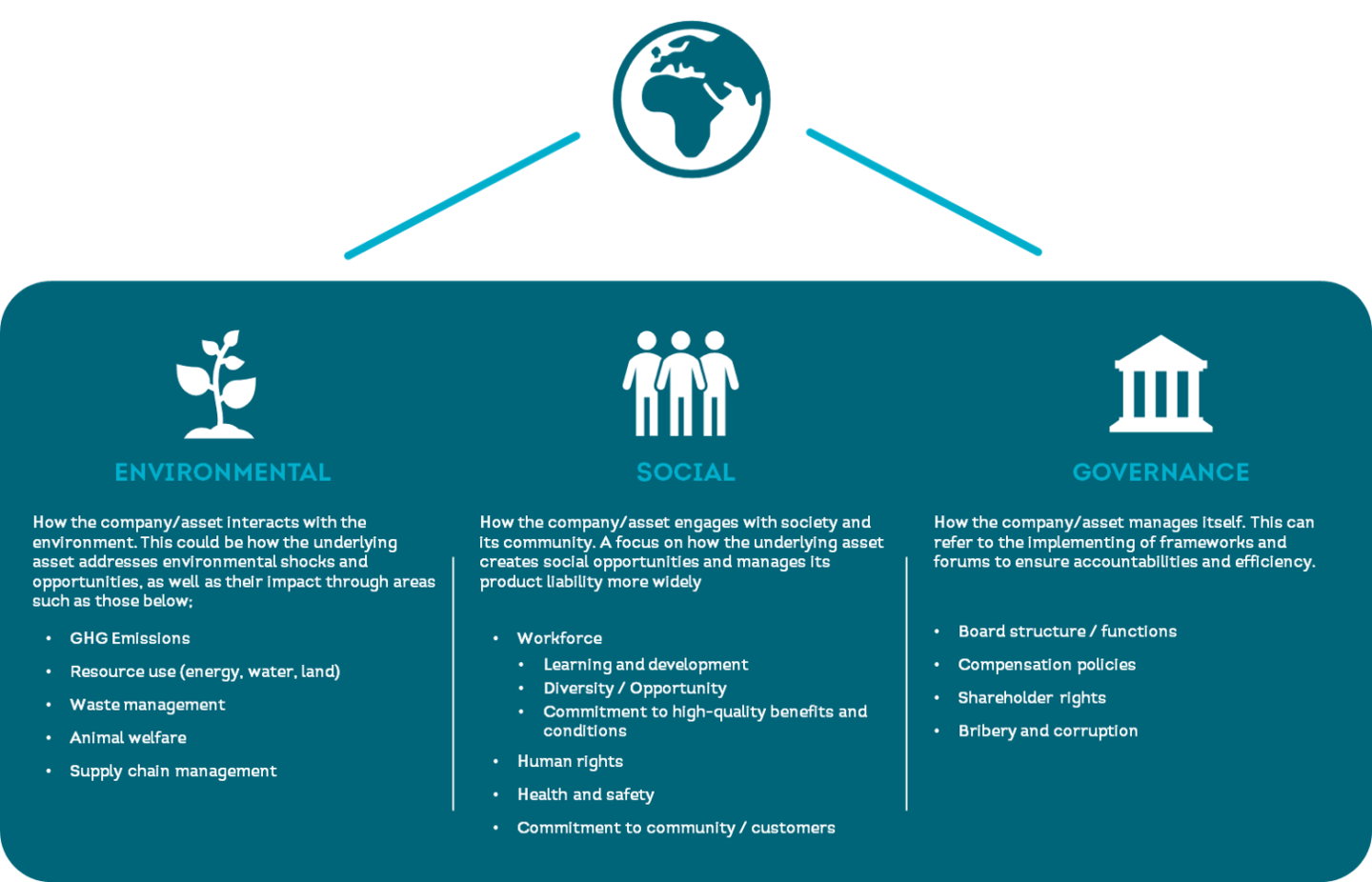Food-Nature-Climate Crisis
Working in the foodservice industry one can learn about the immense amount of food waste that occurs in this ecosystem. An anticipated demand and crowd for the day determine an estimated amount of food to be prepared which by the end of the day is tossed out if not sold.
How can we address the problem of food security?
While businesses today have become innovative in achieving sustainability and green standards to stay ahead of their rivals, the agronomy industry is one area where we remain unsustainable. Approximately 34% of the man-made greenhouse gas emissions today are generated by the food production systems. Food production, distribution, and processing systems have been resource-intensive and have contributed significantly to the climate crisis.
The food service industry is expected to grow by 10% in Canada alone. With the growing demand in such industries, meeting agricultural sustainability standards has become extremely difficult. Developing economies in particular have increased their energy use for food production through mechanization and pesticides to meet the massive growth in demand.
What should be done?
The food production and distribution systems require massive transformation. This transformation relies on extensive collaboration between science, technology, agronomy, and business. The diversity of approaches while each reflects on its unique context to bring innovative solutions to the agriculture industry remains vital.Community Markets for Conservation (COMACO), a social enterprise run by a wildlife biologist is an ideal change the agro-industry requires with regards to training and education in the field.
Eosta, an ethical supermarket in the Netherlands is another example of introducing informative decision-making among consumers to help mitigate the rising food security and climate crisis.
With the climate crisis accelerating towards the tipping point the urgency and immediacy for action are supreme. As agents of change, it is crucial to bring policy changes and processes by developing new market mechanisms and accounting for their true costs. Therefore, food security and production systems must be at the heart of upcoming Climate Change Conferences.





Comments
Post a Comment